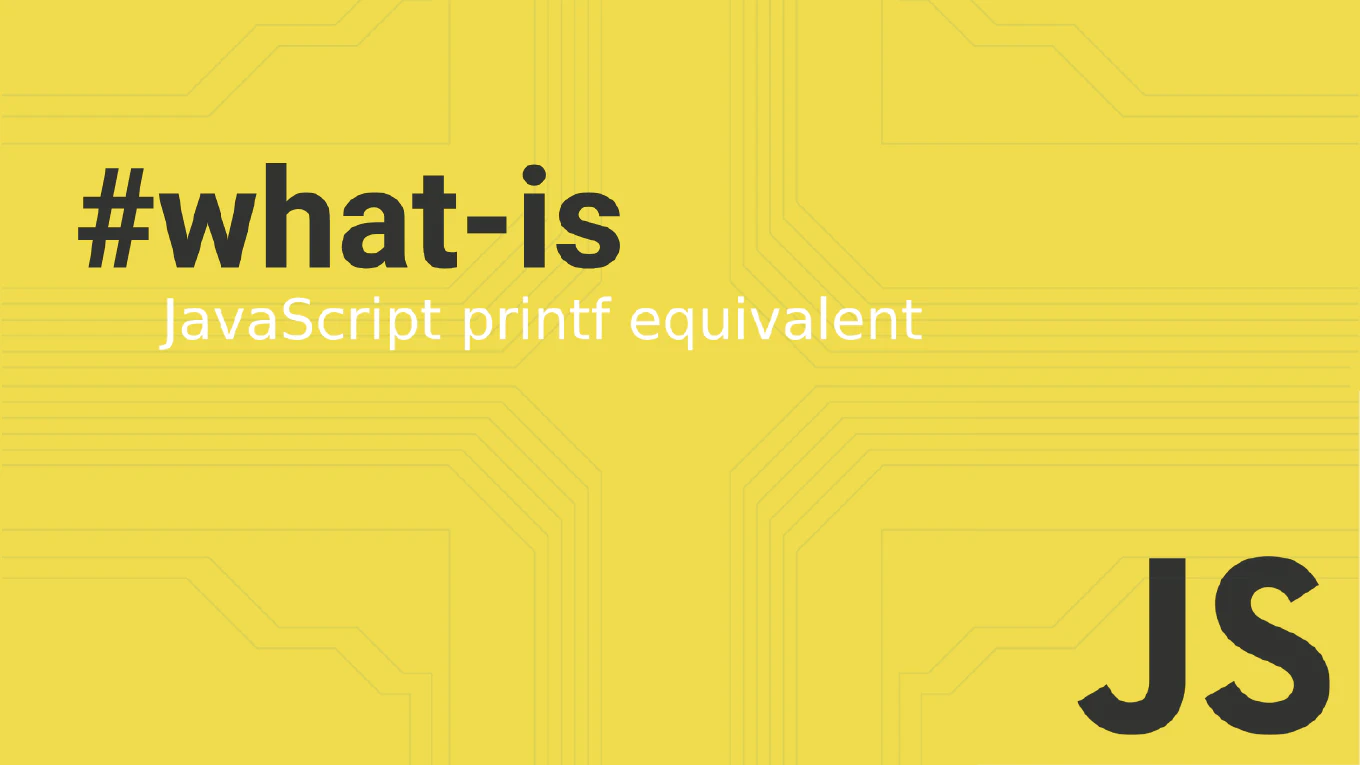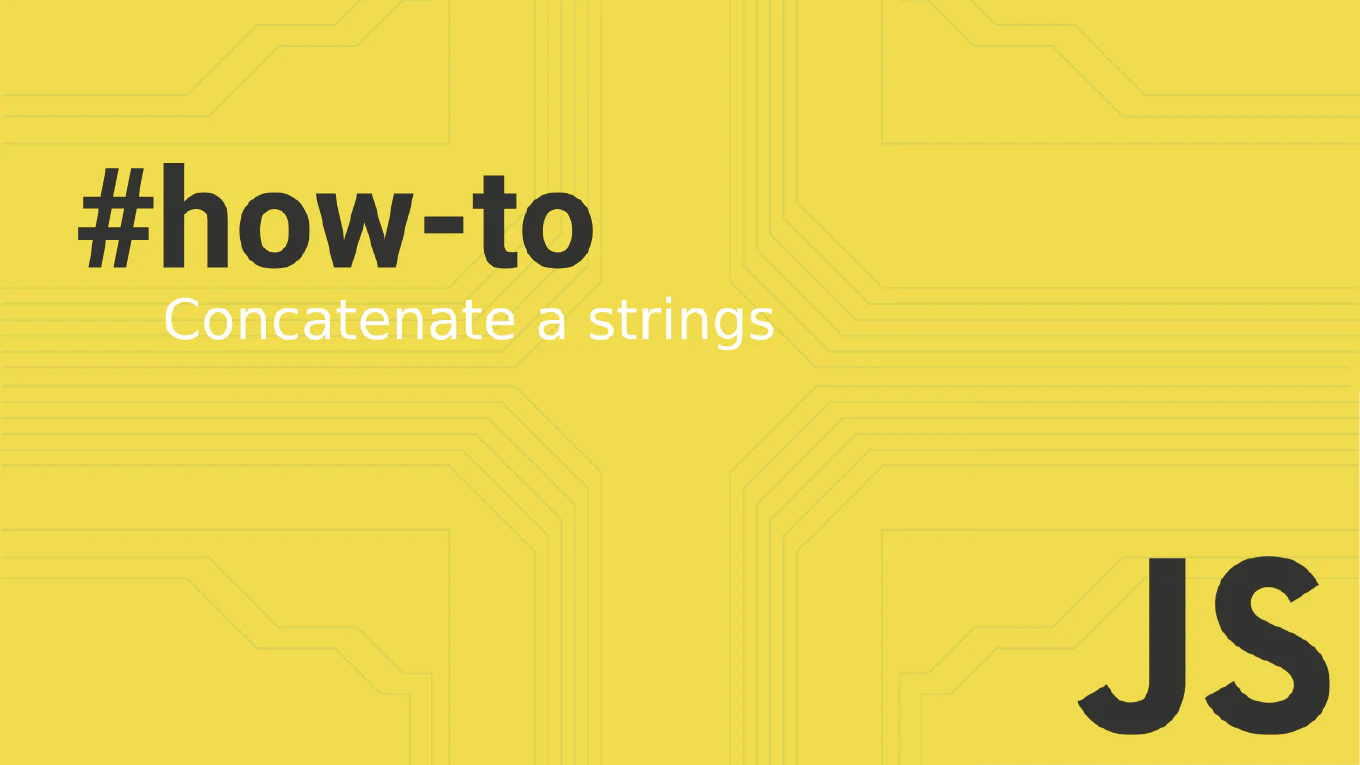How to set default props in Vue
Setting default props is essential for creating robust Vue components that handle missing prop values gracefully while providing sensible fallbacks. As the creator of CoreUI, a widely used open-source UI library, I’ve implemented default props in thousands of Vue components to ensure backward compatibility and improve developer experience in enterprise applications. From my expertise, the most effective approach is to use the default option in props definitions with proper type checking. This method provides type safety, clear documentation, and automatic fallback behavior while maintaining component flexibility.
How to set default props in React
Setting default props is essential for creating robust React components that handle missing or undefined prop values gracefully while providing sensible fallbacks. As the creator of CoreUI, a widely used open-source UI library, I’ve implemented default props in thousands of React components to ensure reliable behavior, backward compatibility, and excellent developer experience in enterprise component libraries. From my expertise, the most modern approach is to use ES6 default parameters in function components. This method provides clear, readable code with TypeScript support while eliminating the need for runtime checks and additional component properties.



